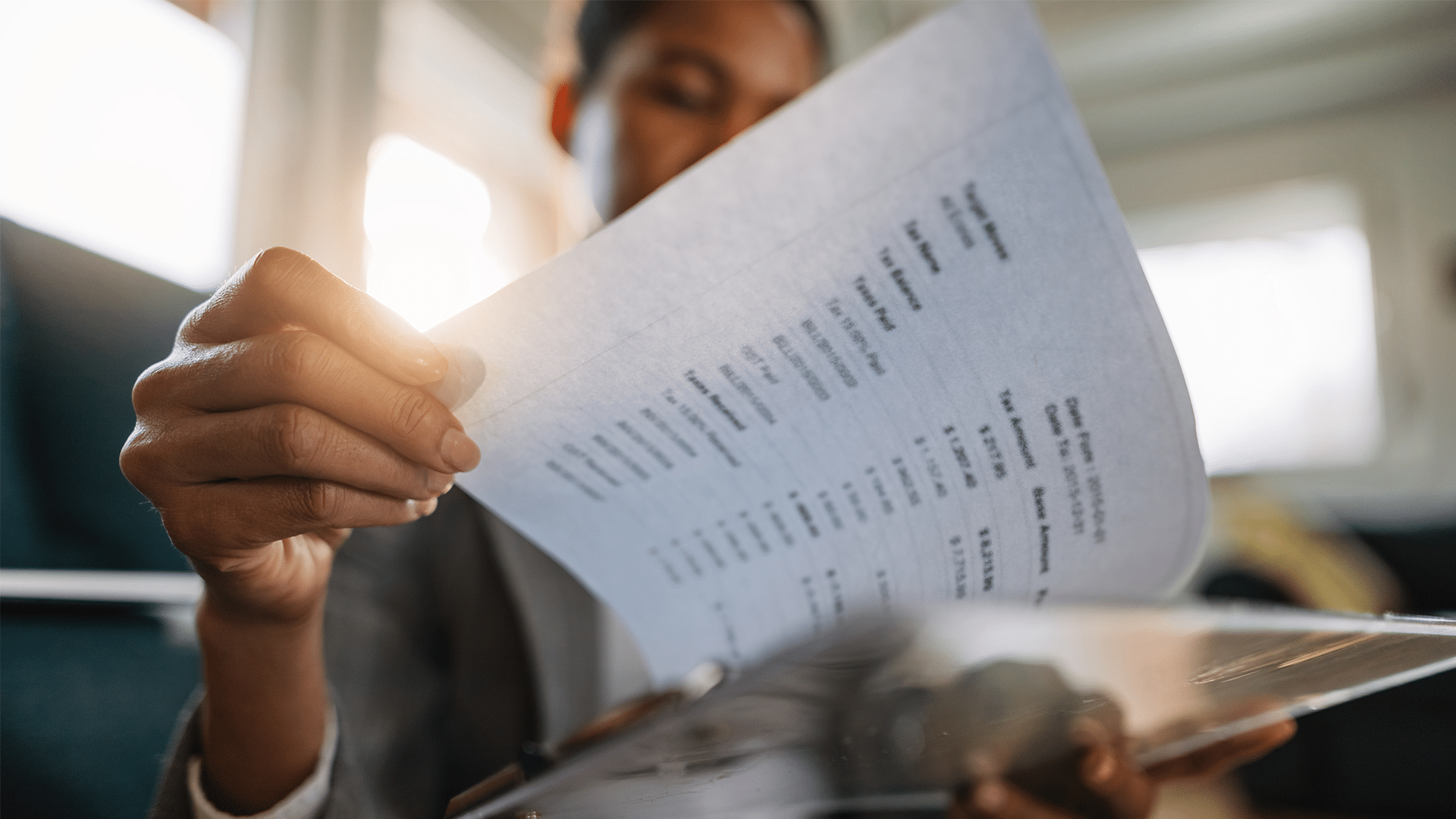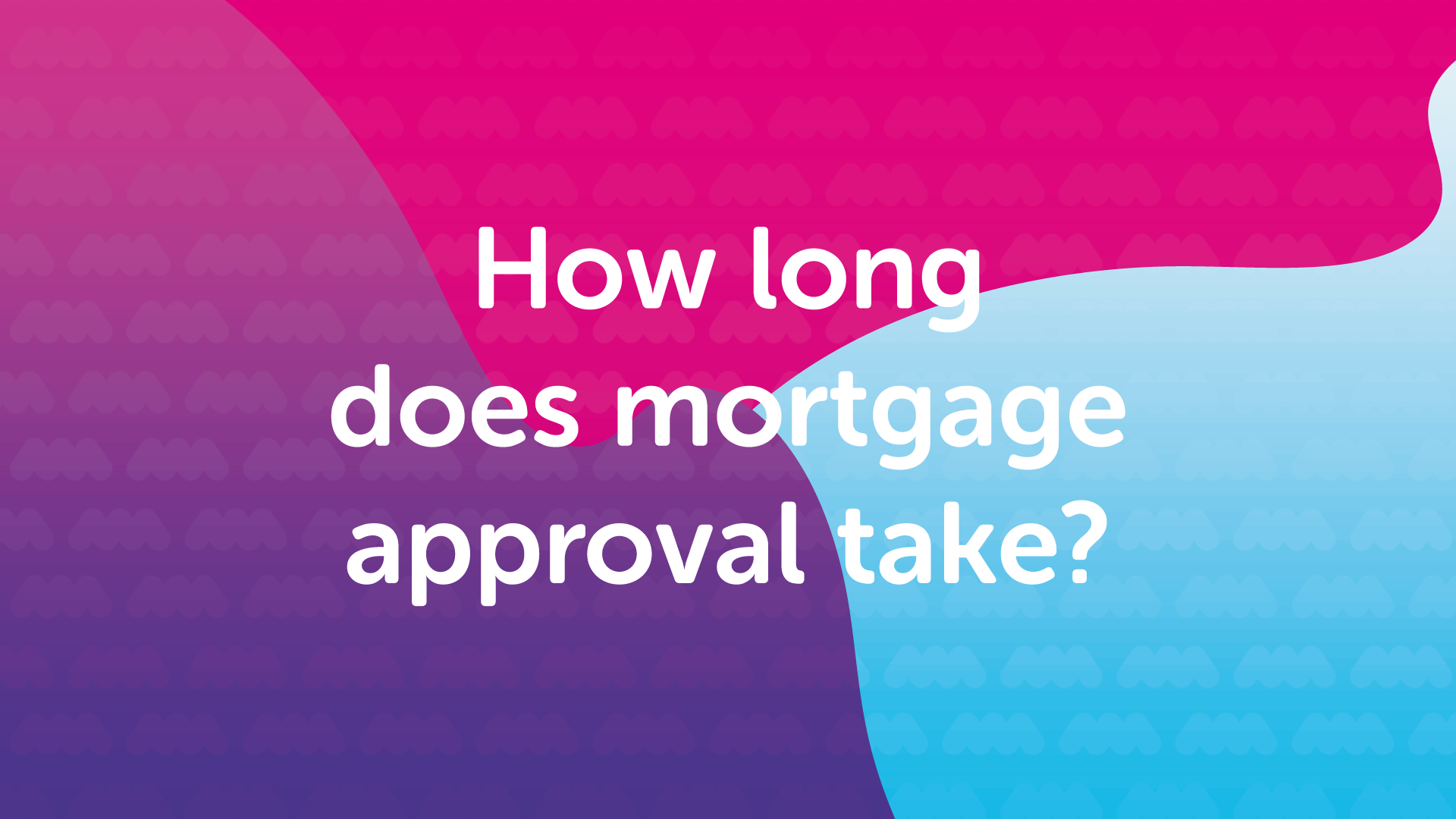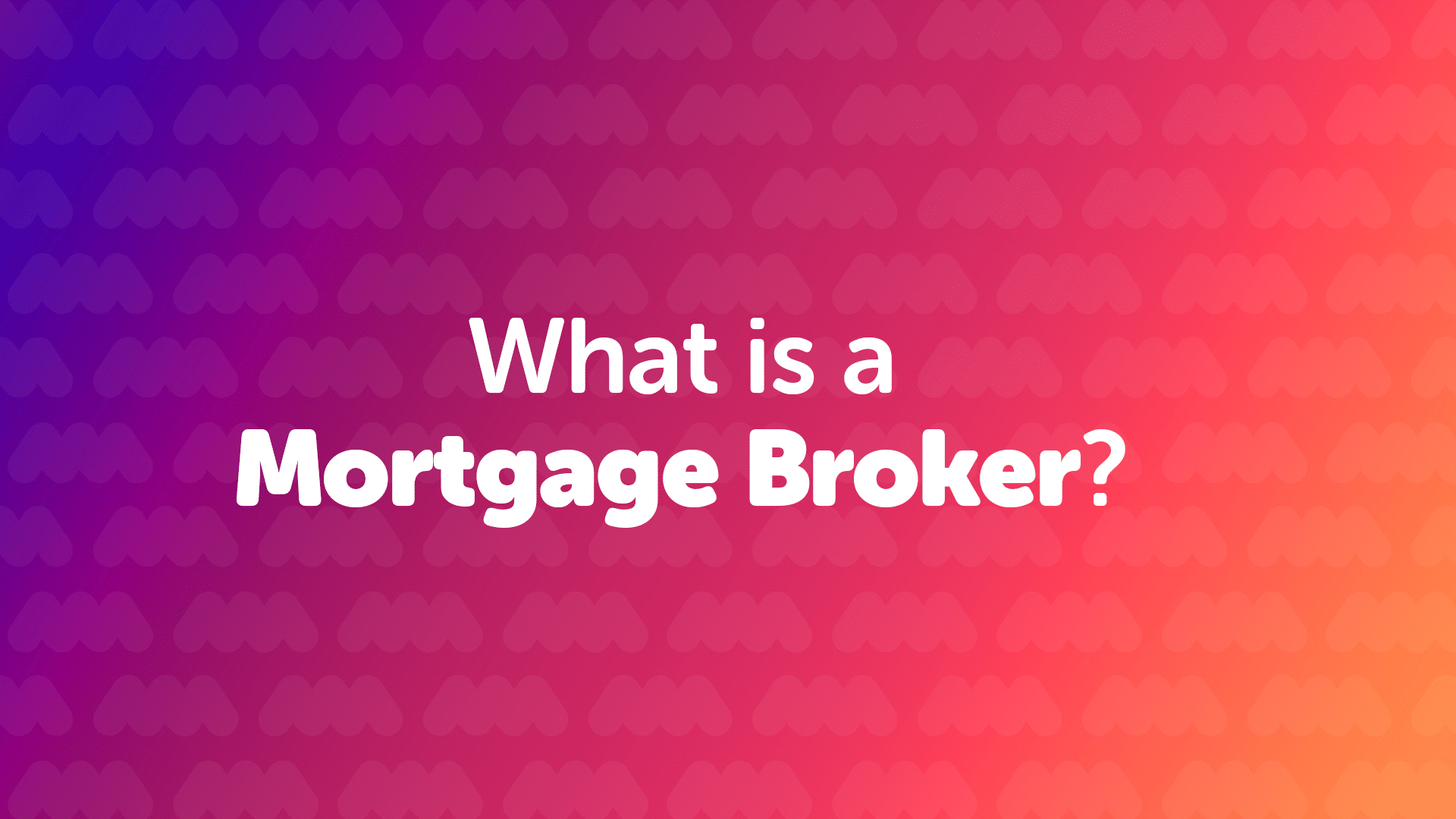First time buyers in Doncaster making an offer on a property is an exciting part of the process. However, it’s a little tricky. You want to be able to obtain the house at the lowest possible price. But then again, you might feel uncomfortable about making an offer so low as to upset the seller.
The first thing to understand is that this is a negotiation process. It’s unlikely that your first offer will be accepted unless you go in at very close to the asking price.
Most sellers (aka Vendors) aim to maximize their selling price. They have plans of their own, and perhaps they need every penny possible to secure a new home for themselves. Whatever their intentions, you are also trying to find the “magic number.” That is to say, the lowest possible price they are willing to accept so that you can move forward.
This number is often slightly lower than they ideally wanted to achieve and slightly more than you ideally wanted to pay!
To help you get to this point before you offer, you need to get organized to give yourself the best possible chance of success. The matter of being organised is especially important if the property is new to the market or you are in competition with another prospective purchaser.
Here are Some of the Things you can be Doing to Help Yourself:
Getting your Mortgage Agreed in Principle
Any decent Estate Agent will want to check whether you are a cash buyer or if otherwise, that you have funds in place. No one wants an agreed sale to fall through, so it’s reasonable for them to check you have the means to proceed.
They also have their anti-money laundering checks to run, so you may also get asked to prove your identity and address. Some corporate Estate Agents exploit this diligence (aka Offer Qualification) to cross-sell other products and services to you.
They prey on purchasers who have fallen in love with a property by intimidating them by stating they have a greater chance of success by using an in-house Mortgage Advisor in Doncaster. However, this isn’t true; most people see right through it, and it is a poor practice that ought to be banned.
Sending in your agreement in principle and other documents should be proof enough that you can go ahead, and if not, tell the Estate Agent, you will bypass them and approach the vendor directly.
Sell Your House Before You Make an Offer
If you have a property to sell to raise a deposit for your purchase, it is far more effective to have sold it before making an offer. The issue sometimes is that you might not be looking for a new home until a specific one comes up for sale!
If this happens to you, then go ahead and view the property and express an interest. At this point, sellers are trying to agree on a price at this point, though it is to negotiate from a position of weakness. Even if you ignore this advice and agree on a purchase price, the vendor will be advised by their Estate Agent to keep the property on the market, so it doesn’t achieve very much.
Get Organised
Make sure to get all your paperwork in order. When you apply for a mortgage, you will get asked to provide proof of income, ID, address, deposit, and three months’ bank statements.
Start to pull all your documents together into a folder, so that the second your offer is accepted, you can put the wheels of your formal mortgage application in motion.
Be a Nice Person
Emotions can run high when it comes to selling a home. If you are buying a house for your family and the seller has raised their own family in that house, then it might well resonate with them if you tell them your plans. It will help build empathy.
Telling them about all the shortcomings of the property is unlikely to get you very far when negotiating. For example, if the property is not double-glazed, the vendor already knows that so pointing out the obvious will not help you.
Listen Out for Clues
Finding out a little bit about the seller’s plans doesn’t do any harm at all within reason. Have they already found a house to buy themselves? What are the reasons they are moving? Have they had many offers?
Answers to these questions and others may signal how likely the vendor is to take a low offer. Generally, people can’t wait to talk about themselves, and if you listen carefully, you could easily find yourself in a better negotiating position.
One final thing – if your first offer is accepted, then chances are your opening bid was way too high! Always offer less than you are truly willing to pay.
Date Last Edited: December 6, 2023














